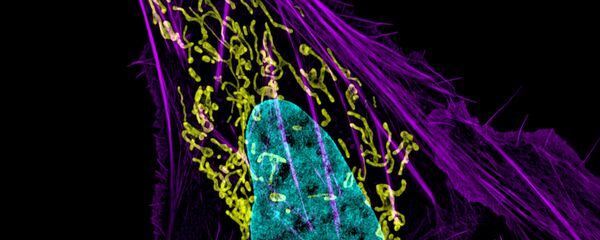The study's findings, presented at the European Society of Medical Oncology conference in Madrid, analyzed the body fat scans of almost 6,000 postmenopausal women with an average age of 71. The patients were divided into ‘high abdominal' fat and ‘low abdominal' fat groups.
After a 12-year period, the analyzed data revealed that 811 participants have cancer, with 293 subjects having breast and ovarian cancers, 345 having lung and gastrointestinal cancers and 173 people suffering from other types of cancer.
The study also showed a correlation between the amount of fat women have in their abdominals and the risk of lung and gastrointestinal cancers. In fact, women with an ‘apple shape' were 50 percent more likely to get lung or gastrointestinal cancers.
"In women, it is known that menopause initiates a shift of body fat toward higher level of abdominal adiposity, which may mediate obesity-related cancer risk," the study's author, Line Mærsk Staunstrup, said.
"The average elderly women can very much use this information, as it is known that the menopause transition initiates a shift in body fat towards the central trunk area. Therefore elderly women should be especially aware of their lifestyle when they approach the pre-menopause age," co-author Maersk Staunstrup also added.
After reading the study's results, Dr. Andrea de Censi, from Galleria Hospital in Genoa, Italy, commented, saying, "While obesity has previously been linked to cancer risk, the link to lung cancer is new and intriguing," reported the Independent
"Insulin also has detrimental effects on hormone production, and adipose cells in fat tissue increase chronic inflammation throughout the body, another risk factor for several cancers. These data open the door for clinicians to initiate a number of interventions in obese patients," Censi said
"In addition to fat loss with diet and exercise, there may be a potential role for a diabetes drug, such as metformin, which can lower insulin effects and contribute to cancer prevention," Censi added.


